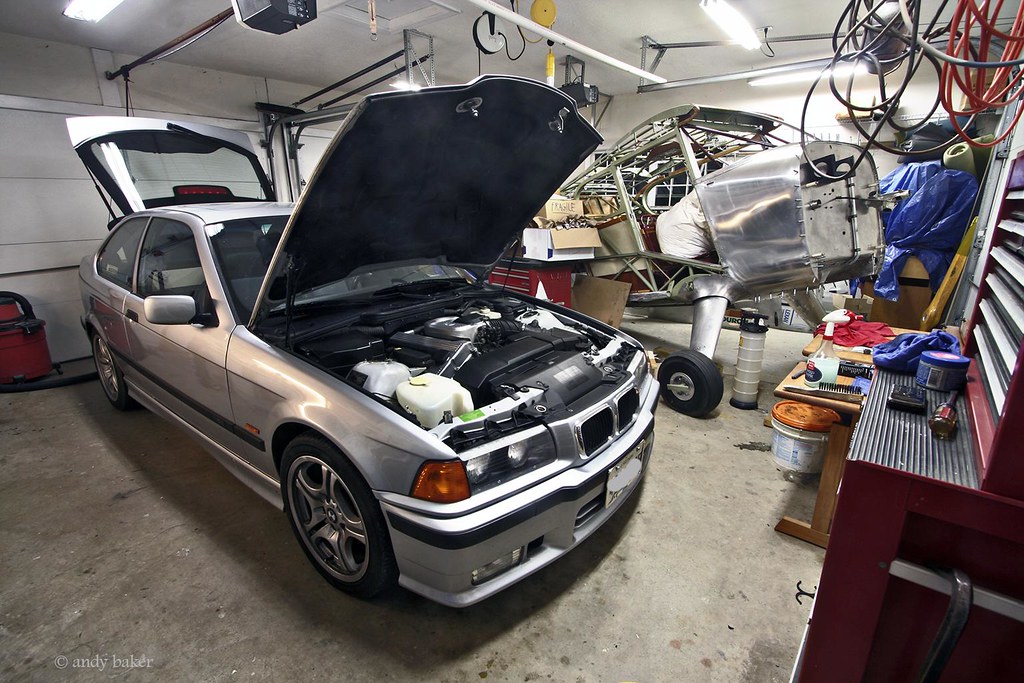BMW 318ti: A Comprehensive Overview to This Compact Powerhouse
Important Considerations for Selecting the Best Engine for Your Needs
In the world of choosing the suitable engine to fulfill your requirements, numerous crucial aspects need thorough consideration to make sure ideal efficiency and performance. From the nuanced equilibrium in between power and efficiency to the often-overlooked elements of maintenance and solution demands, each element plays an essential function in figuring out one of the most suitable engine for your certain demands. As the intricacy of engine innovations continues to develop, critical one of the most suitable option necessitates a deep understanding of the interplay in between various factors to consider. By checking out the intricate web of factors that underpin this decision-making procedure, a more clear course emerges towards picking an engine that not only fulfills however surpasses your expectations.
Power and Performance
When examining engines for ideal performance, it is important to prioritize both power result and performance. Efficiency refers to how well the engine converts fuel right into useful energy. By very carefully assessing both power and performance, you can choose an engine that provides optimum performance and meets your demands effectively.
Gas Performance and Economy
In the world of engine option, the consideration of fuel effectiveness and economic climate holds paramount significance. Gas performance describes the engine's capacity to convert fuel into energy with very little waste, straight influencing operating expense and ecological sustainability. bmw 318ti. When choosing an engine, evaluating its gas economic climate is crucial to identify long-term cost savings and environmental impact. Engines with higher fuel efficiency not only reduce fuel expenses but also decrease carbon exhausts, adding to a greener procedure.
Compatibility and Application
Thinking about the fuel performance and economic climate of an engine, the next critical element to address is its compatibility and application within specific functional contexts. Compatibility refers to just how well the engine integrates with the total system or equipment it powers. It entails aspects such as physical measurements, placing options, electrical user interfaces, and control systems. Making certain compatibility is necessary to prevent concerns such as overheating, resonances, or power inequalities (bmw 318ti).
Various engines are made for specific purposes, whether it be commercial equipment, marine vessels, cars, or power generators. Understanding the designated application permits for the selection of an engine that can provide the required power outcome, torque, and functional attributes.
Maintenance and Solution Needs
Maintenance and solution demands play a critical duty in making sure the longevity and optimum efficiency of an engine. Routine upkeep is important to protect against break downs, prolong the life-span of the engine, and preserve its performance. When picking an engine, it is essential to think about the supplier's recommended maintenance routine and the accessibility of service facilities or certified technicians.
Elements such as the frequency of oil modifications, filter substitutes, and total examinations can substantially impact the engine's performance. Some engines may require more frequent servicing based on their style and use, while others may have longer intervals in between upkeep checks. It is vital to adhere to these service requirements to avoid costly repairs and unexpected downtime.

Cost and Spending Plan Factors To Consider
When choosing an engine for a certain application,Budget plan constraints often play a substantial role in the decision-making procedure. When thinking about the cost and spending plan ramifications of choosing an engine, it is necessary to evaluate not just the preliminary acquisition cost but additionally the long-lasting expenditures related to upkeep, fuel intake, and potential upgrades or fixings. It is essential to strike an equilibrium in between the upfront expense of the engine and its overall lifecycle expenses to make certain that the selected engine continues to view be financially lasting throughout its operational life-span.
Elements such as gas durability, performance, and reliability can directly affect the overall price of possession of an engine. While a more expensive engine may have greater upfront costs, it could potentially lead to reduced upkeep and gas expenditures with time, therefore offering better worth in the future. Additionally, thinking about the schedule and expense of extra parts, as well as the simplicity of maintenance and service, can aid protect against unexpected economic strain in the future. By meticulously assessing these expense and budget plan considerations, you can make an educated decision that aligns with your financial restrictions and functional requirements.
Conclusion

Fuel effectiveness refers to the engine's capacity to convert gas into power with minimal waste, directly influencing operating costs and environmental sustainability.Aspects influencing fuel performance include engine style, combustion performance, and overall performance optimization. Furthermore, picking the appropriate fuel kind and grade as suggested by the engine manufacturer can additionally enhance efficiency and recommended you read lengthen engine life-span.
Engines with good use attributes and readily available parts can minimize upkeep prices and decrease the time the engine is out of operation - bmw 318ti. It is important to strike a balance in between the upfront expense of the engine and its general lifecycle expenses to make certain that the picked engine continues to be financially sustainable throughout its operational life expectancy